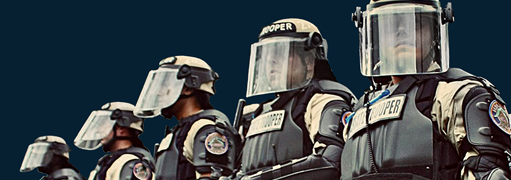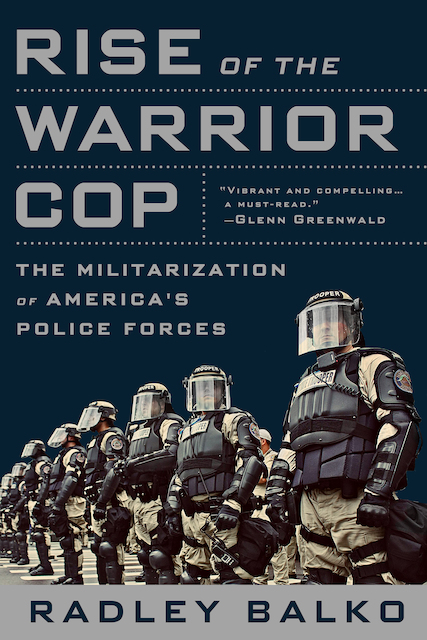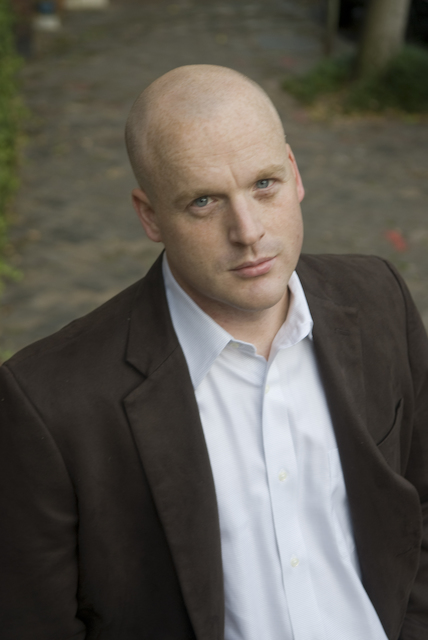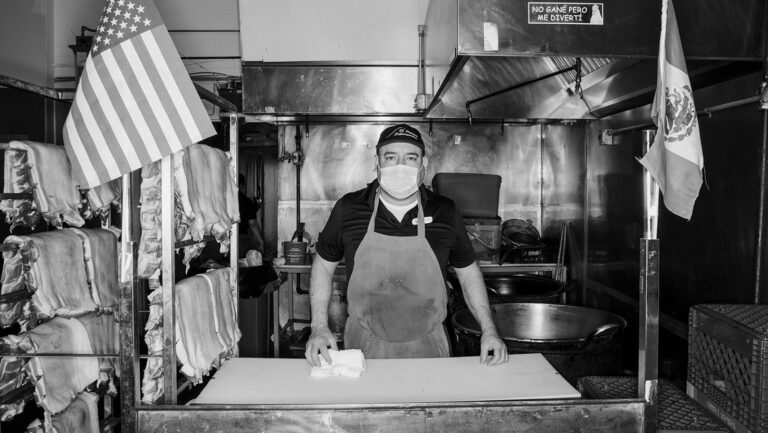The Soldiers On Our Streets: How Our Protectors Have Gone From Barney Fife To Robocop
How Our Protectors Have Gone From Barney Fife To Robocop


Freshly out in paperback

Radley Balko
courtesy of PublicAffairs








